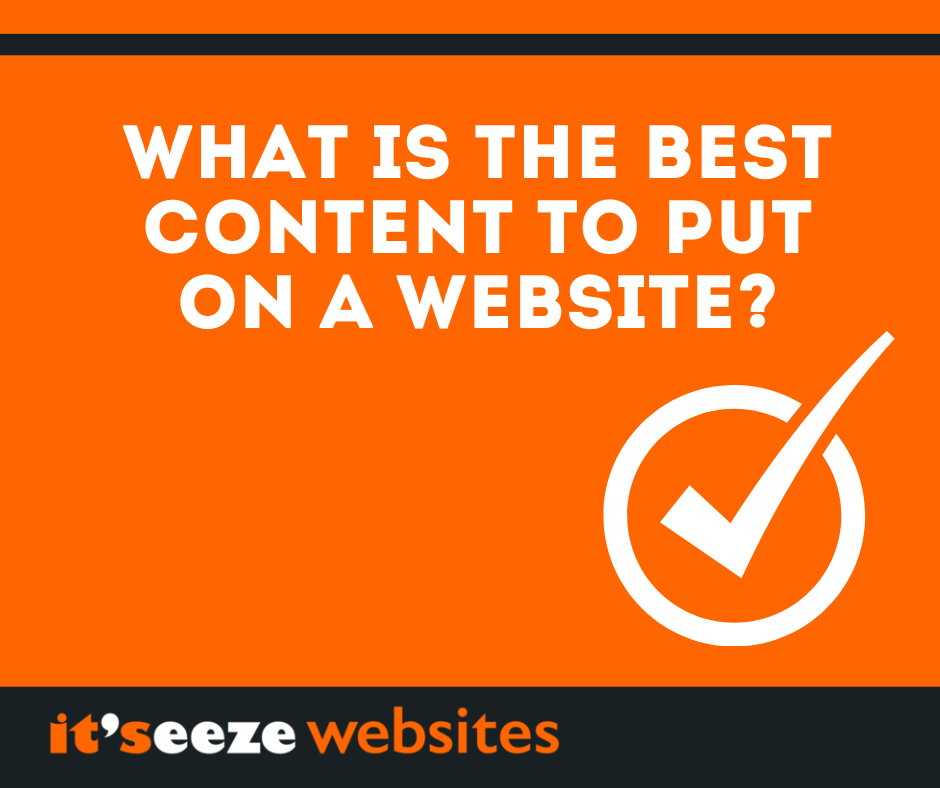What is the best content to put on a website?
Posted on 2nd June 2023 at 13:47
The best content for a website depends on its purpose, target audience, and goals. However, here are some types of content that are generally effective in engaging visitors and achieving website objectives:
High-quality, informative articles:
Well-researched and well-written articles that provide valuable information, insights, and solutions to your target audience's problems can establish your website as a trustworthy resource.
Engaging blog posts:
Blogs allow you to share regular updates, industry news, tips, tutorials, or opinion pieces related to your niche. They help attract and retain visitors, improve search engine rankings, and foster a sense of community.
Visual content:
Including visually appealing elements such as images, infographics, videos, and slideshows can enhance user experience, make content more digestible, and increase shareability.
Product or service descriptions:
If you're running an e-commerce or business website, clear and compelling descriptions of your products or services are essential. Highlight their unique features, benefits, and why customers should choose them.
Testimonials and reviews:
Displaying positive feedback from satisfied customers or clients can build trust and credibility, encouraging others to engage with your offerings.
FAQs and knowledge base:
Providing a well-organized and easily accessible FAQ section or knowledge base can help users find answers to common questions and reduce support inquiries.
Calls to action (CTAs):
Effective CTAs prompt visitors to take specific actions, such as signing up for a newsletter, making a purchase, or contacting you. They should be clear, persuasive, and strategically placed.
About Us page:
Share information about your company's mission, values, history, team, and any other relevant details to establish a personal connection with your audience and build trust.
Contact information:
Make it easy for visitors to get in touch with you by prominently displaying your contact details, such as phone number, email address, and social media profiles.
Search engine optimization (SEO):
Optimize your content by using relevant keywords, meta tags, and descriptive URLs to improve visibility in search engine results and drive organic traffic.
Remember, the best content is tailored to your target audience's needs and preferences. Regularly updating and refreshing your website's content based on user feedback and analytics will help you continually improve and meet your goals.
Share this post:
